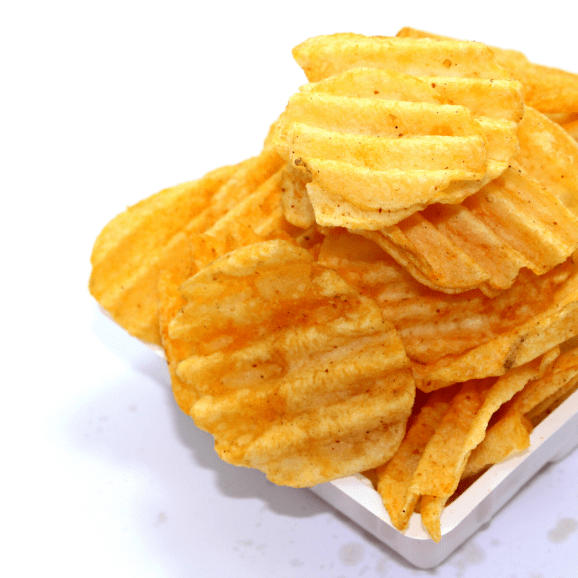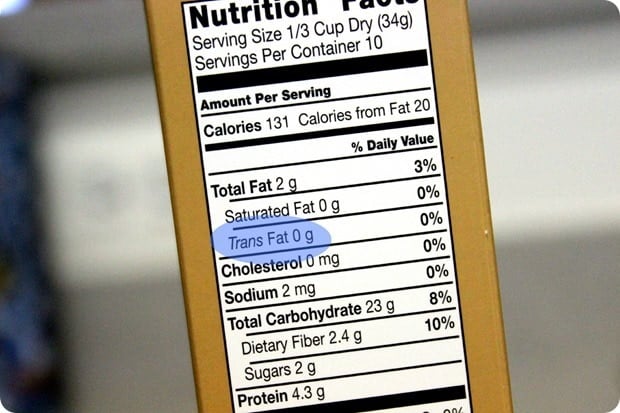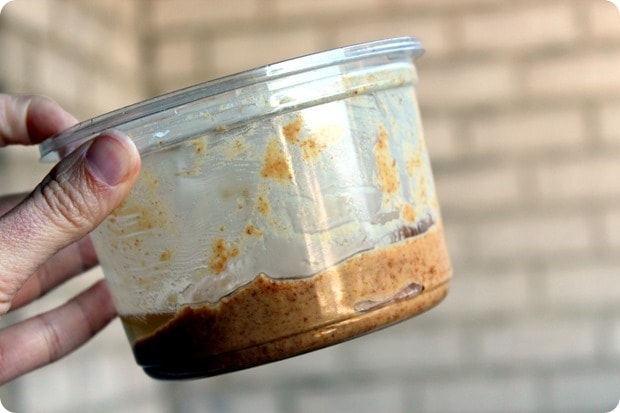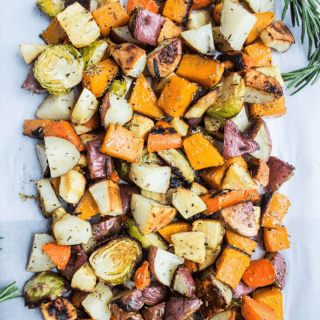Today’s post shares information about trans fat – what it is, and also why (and how) to avoid it! I hope you find it helpful.
For a while you were most likely familiar with the fact that nutrition fact labels included the amount of fat. Total fat, saturated fat, and sometimes even mono- or poly-unsaturated fats. More recently, you may have noticed that trans-fats have been added to the nutrition facts label. But what are these trans-fats and should you avoid them?
Trans-fats naturally occur in small amounts in animal foods, however, most of the trans-fats in our food supply are introduced to food products through a process called hydrogenation. Simply put, this process adds hydrogen to liquid fat (oil) and turns that fat into a solid substance. We actually did this procedure once ourselves in organic chem lab when I was doing my prerequisites for grad school! So – why put oils through this process? Good question. Hydrogenating oils does three main things:
- Increases shelf life
- Enhances flavors
- Impacts texture
Although these characteristics seem like positive changes, especially to our taste buds, the addition of trans-fats has detrimental effects on our health, even in small amounts. Adversely, within the body, trans-fats:
- Increases LDL, or “bad” cholesterol levels
- Decreases HDL, or “good” cholesterol levels
- Increases risk for heart disease, diabetes, and cancer
Trans-fats commonly exist in products such as: cookies, crackers, frostings, margarine, vegetable shortening, pre-mixed cake mixes, fried foods, snack foods, and more. You can reduce your intake of trans-fats by limiting your consumption of these packaged foods and by checking the food labels when you do purchase them. Foods that contain trans-fats will include “partially-hydrogenated oils” in the ingredient list – be sure to look for it and avoid it if possible! For example, many cheaper/more processed nut butters include partially-hydrogenated oils – make sure that when you buy nut butter, the only ingredients listed are the nuts and (if you like) a little salt. Or, you can do the “grind your own” approach they offer at some health food stores like Whole Foods. This is usually what I do!
Although food labels must now disclose the amount of trans-fats in the product, be cautious. The FDA allows any product with less than 0.5 grams per serving to make the claim “0g Trans-Fats”. Although 0.5 grams of trans-fats per servings sounds miniscule, beware. The American Heart Association recommends limiting your total daily consumption of trans-fats to 1% of total calories per day (i.e. 2,000 calorie diet = 2 g trans-fats per day), or as little as possible. If you are consuming foods with trans-fats, even if it has 0.5 grams per serving, your consumption can add up quickly!
So, what are the take away messages?
- Read food labels
- Avoid foods containing “partially hydrogenated oils”
- Limit your consumption of trans-fats for heart health
- No more than 1% of daily calories
Do you avoid trans-fat in foods? Are you a label reader? Besides making sure to avoid trans-fats, I also look at ingredient lists to make sure that I recognize all the ingredients – and that the lists aren’t a mile long! Real food all the way, my friends.








